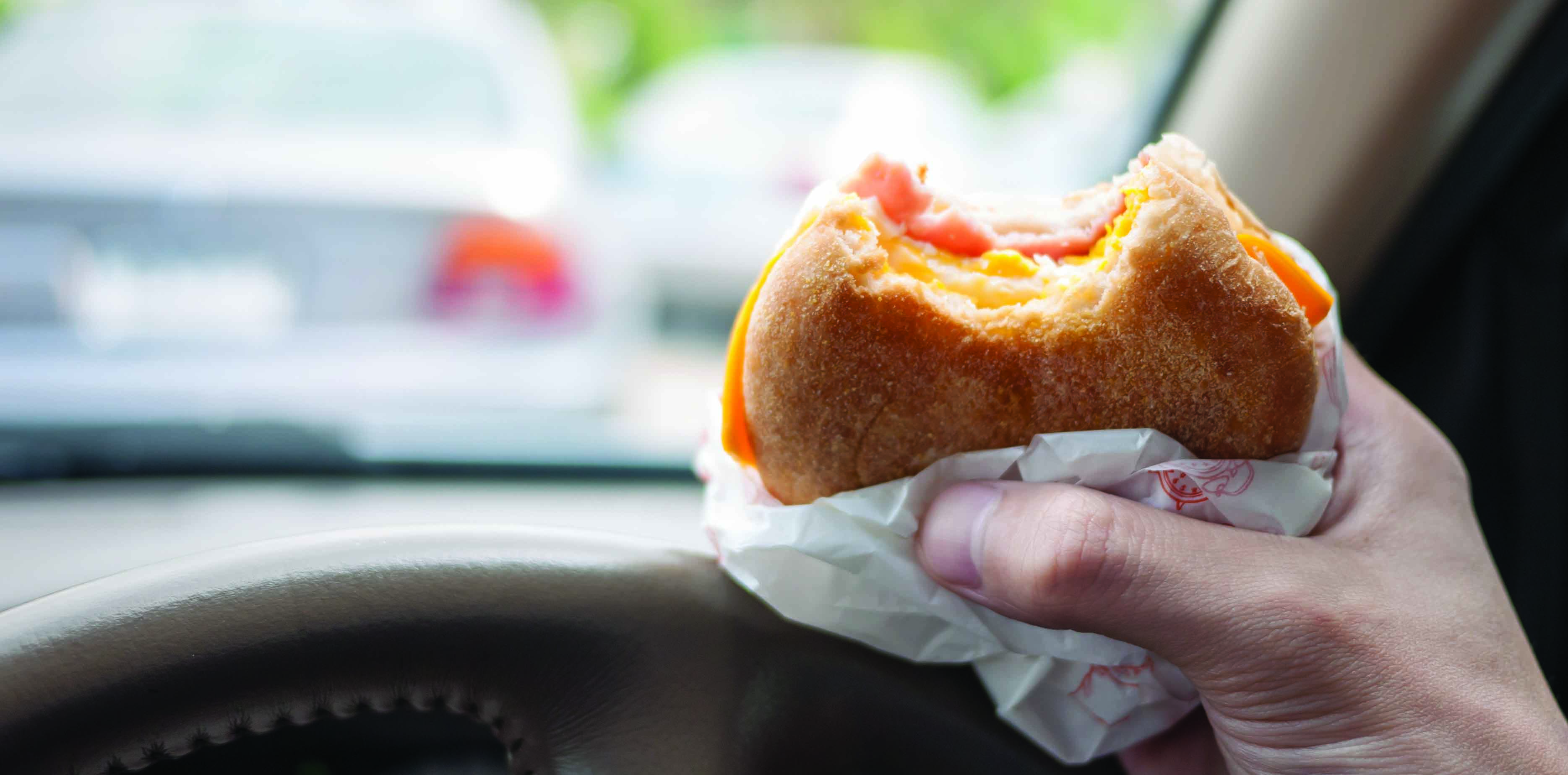New finding goes some way to explain the well-known link between male obesity and androgen deficiency and impaired fertility
Eating a high-fat fast-food meal can reduce testosterone levels by 25% within an hour of ingestion in overweight and obese men, Australian research shows.
And the effect can last for up to four hours, say the South Australian study authors in a recent issue of Andrologia.
The new finding goes some way to explain, at least in part, the well-known link between male obesity and androgen deficiency and impaired fertility.
If an obese man regularly consumes high fat meals and snacks throughout the day he will be constantly reducing his testosterone level to 75% of normal, and given that he is likely to be low in testosterone already (given his obesity) he can ill afford this further reduction if he wants to father a child.
It is known that testosterone levels fall after eating a meal, but what this study shows that it is actually ingesting a high-fat meal that has the greatest effect on Leydig cell function.
Study participants who received the equivalent fat intravenously rather than eating it did not have lower testosterone levels. This suggested “that fat must traverse the intestine in order to impair testosterone production”, the study authors said.
But how and why this happens has still not been proven. There have been a lot of theories why testosterone levels fall after ingesting a meal, such as the fat triggering an inflammatory response, or that fat causes oxidative stress, or even fat somehow interfering with pituitary function, but none of these theories was borne out in this research, based on blood tests done before and after the intervention.
So what’s left?
“A potential candidate for initiating a post-prandial drop in testosterone is GLP-1,” the study authors said. It would explain why only the ingested fat decreased testosterone levels and not the intravenous fat, as only ingested food triggers GLP-1 production.
But before we ban all men who want a family from eating McDonalds’ breakfasts (incidentally, that was the high-fat fast food-meal they used in the study) there are a few caveats.
This is a very small study, only 18 men. Even though the results were statistically significant it is considered a pilot study.
Secondly, the study only included overweight and obese men, this was mainly because these are the men who are most likely to be borderline hypogonadal and are most likely to consume high-fat fast foods.
The reality is, even if a lean, eugonadal man’s level of testosterone also drops by 25%, he is likely to still be eugonadal and fertile, therefore this study is less relevant to him.
But for the obese or older man, frequently consuming meals and snack that are high in fat, he is likely to be placed in a continuous hypogonadal state during the waking hours, which will more than likely adversely affect his mental and physical health as well as his potential fertility.
“Our results suggest that these men should minimise their fat intake and avoid inter-meal snacking in order to optimise testicular function,” the researchers concluded.


